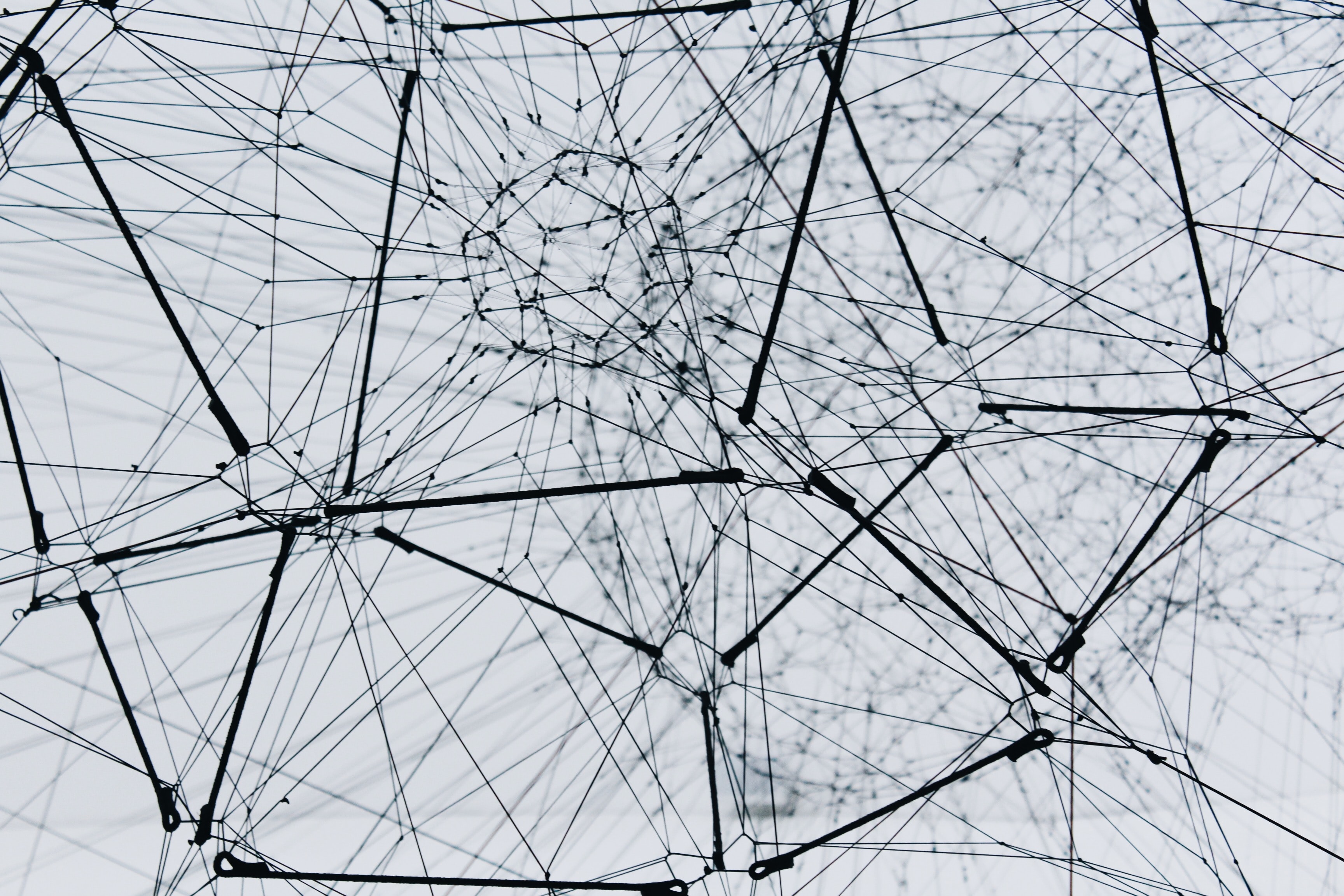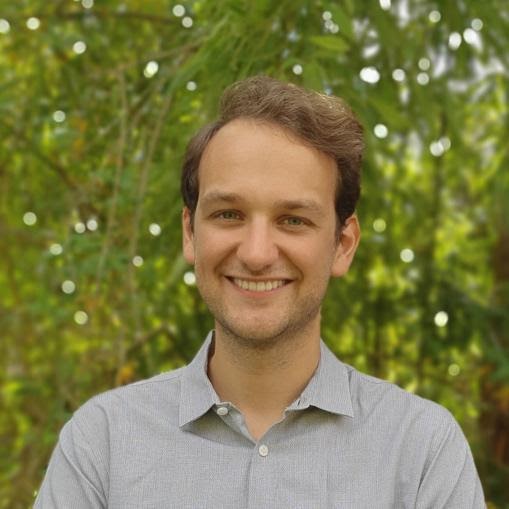
Overview
While excitement about the potential of artificial intelligence (AI) technologies continues to build, a gap is emerging between our aspirations for the benefits of AI and our ability to deploy these technologies to tackle real-world challenges.
The AutoAI Programme scales our ability to deploy safe and reliable AI solutions, driving innovation in machine learning-enabled techniques for deploying, maintaining, and understanding AI systems. By investigating how to decompose AI systems into their component parts, how to manage data in system development, and how to monitor performance in deployment, AutoAI will develop a new AI design and engineering paradigm.
These innovations require research advances to develop more sophisticated machine learning models and integrate them in wider systems, new types of infrastructure and programming techniques to solve technical challenges at scale, a shift towards data-oriented technical infrastructures and organisational practices, and wider organisational, legal and policy interventions to influence AI adoption.
AutoAI will address the entire pipeline of AI system development, from data acquisition to decision making. It will develop policies that enable trustworthy access to data, build effective research collaborations that embed stakeholder needs in research design, and promote an open culture of AI and software engineering.
Related People

Andrei Paleyes
PhD Student, Cambridge University

Christian Cabrera Jojoa
Research Associate, Cambridge University

Jess Montgomery
Executive Director, Accelerate Science, Cambridge University

Morine Amutorine
Data Science Africa Fellow, UN Global Pulse

Neil D. Lawrence
The DeepMind Professor of Machine Learning, Cambridge University

Diana Robinson
PhD Student, Cambridge University
Project Alumni
Related Publications
Real-world Machine Learning Systems: A survey from a Data-Oriented Architecture Perspective
:
An Empirical Evaluation of Flow Based Programming in the Machine Learning Deployment Context
1st International Conference on AI Engineering – Software Engineering for AI, :
Challenges in Machine Learning Deployment: A Survey of Case Studies
ACM Comput. Surv., Association for Computing Machinery:
Benchmarking Real-Time Reinforcement Learning
Pre-registration Workshop at NeurIPS 2021, :
Dataflow graphs as complete causal graphs
2023 IEEE/ACM 2nd International Conference on AI Engineering–Software Engineering Approaches, :
Automated discovery of trade-off between utility, privacy and fairness in machine learning models
3rd Workshop on Bias and Fairness in AI (BIAS), ECML 2023, :
Multi-fidelity experimental design for ice-sheet simulation
:
Self-sustaining software systems (S4): Towards improved interpretability and adaptation
Proceedings of the 1st International Workshop on New Trends in Software Engineering, :
Requirements are All You Need: The Final Frontier for End-User Software Engineering
ACM Transactions on Software Engineering and Methodology, :
Towards Better Data Discovery and Collection with Flow-Based Programming
Neurips Data-Centric AI Workshop (DCAI), :
Can causality accelerate experimentation in software systems?
Proceedings of the IEEE/ACM 3rd International Conference on AI Engineering, :
The Systems Engineering Approach in Times of Large Language Models
58th Hawaii International Conference on System Sciences (HICSS-58), :
Increasing data sharing and use for social good: Lessons from Africa’s data-sharing practices during the COVID-19 response
Data & Policy, 6:





